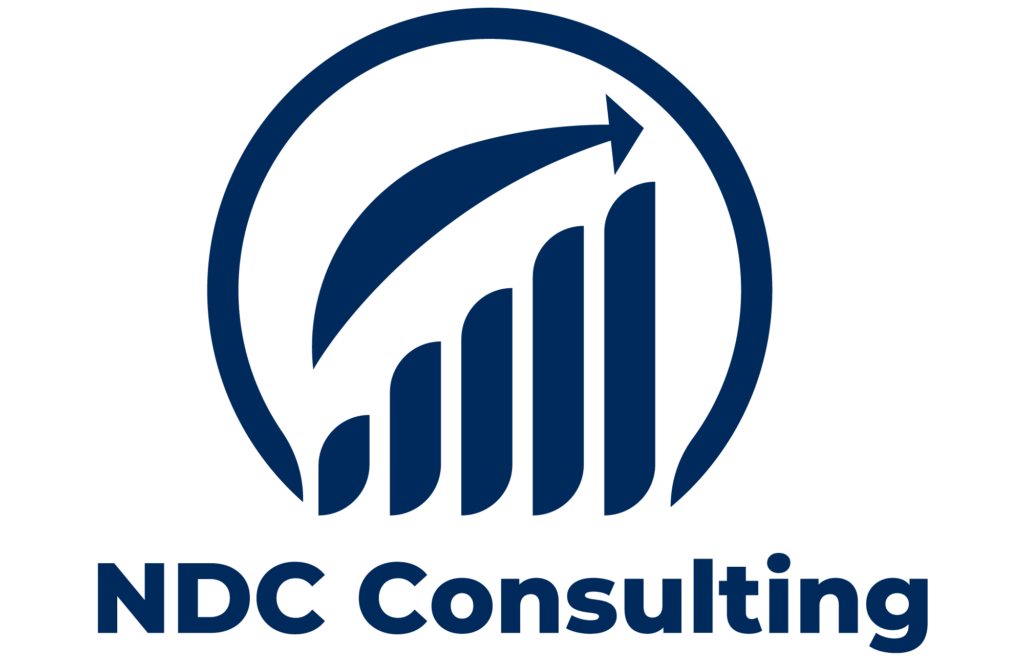
Social media has become a vital aspect of our everyday lives in our connected society, transforming communication and the pace at which information is shared.
Despite the fact that social media platforms have many advantages for both individuals and organizations, the healthcare sector has particular difficulties with compliance.
Due to the delicate nature of patient data, regulatory requirements, and ethical commitments, healthcare institutions must exercise extreme caution while navigating the connection between social media and compliance.
Social Media’s Compliance Challenges
Social media platforms give healthcare companies the opportunity to interact with people, share health information, and establish their brands. But social media may rapidly turn into a compliance minefield if appropriate policies and procedures aren’t in place. Among the typical difficulties are the following:
1. Patient confidentiality and privacy
The Health Insurance Portability and Accountability Act (HIPAA) and other stringent patient privacy laws must be followed by healthcare providers in the US. Even unintentionally posting any patient information on social media can have serious legal and reputational repercussions.
2. Information that is inaccurate or misleading
Social media makes it possible for information to spread quickly, therefore it is essential for healthcare organizations to make sure the information they offer is accurate and dependable. Inaccurate or misleading information may harm patients and undermine their confidence in the medical professional.
3. Moral Issues
In the healthcare sector, upholding moral principles is crucial. Healthcare workers should exercise caution when posting anything on social media to make sure it complies with professional standards and does not compromise patient care or privacy.
Social Media Recommendations for HCP Compliance
HCP can assist your company in adhering to social media best practices for compliance. Resources have been created by our compliance specialists to help reduce risk connected to social media use. The following resources are available from HCP to use in your company.
1. The policy on social media
This thorough social media policy describes what constitutes appropriate behavior, content standards, and employee compliance requirements. To guarantee knowledge and compliance, this policy offers training and aids in educating employees about it.
2. Strong security and privacy protocols
Patient data is protected by these strict privacy and security measures. Make sure your staff members are aware of their obligations with regard to patient privacy and the repercussions of noncompliance. As regulations and technology change, we periodically examine and update these measures.
3. Train Workers
Our training materials raise staff members’ knowledge of the possible dangers and repercussions of using social media. The significance of patient confidentiality and privacy is emphasized throughout our modules.
Conclusions
Healthcare businesses face both opportunities and challenges when it comes to social media. Healthcare compliance must continue to be a primary concern even though it facilitates improved communication and participation.
Healthcare companies may enjoy the advantages of an ever-changing digital environment while navigating the tricky confluence of social media and compliance by putting strong rules in place, training staff, and putting patient privacy first.
Recall that maintaining the greatest standards of healthcare ethics and compliance, safeguarding patients, and preserving confidence all depend on social media use done responsibly.

